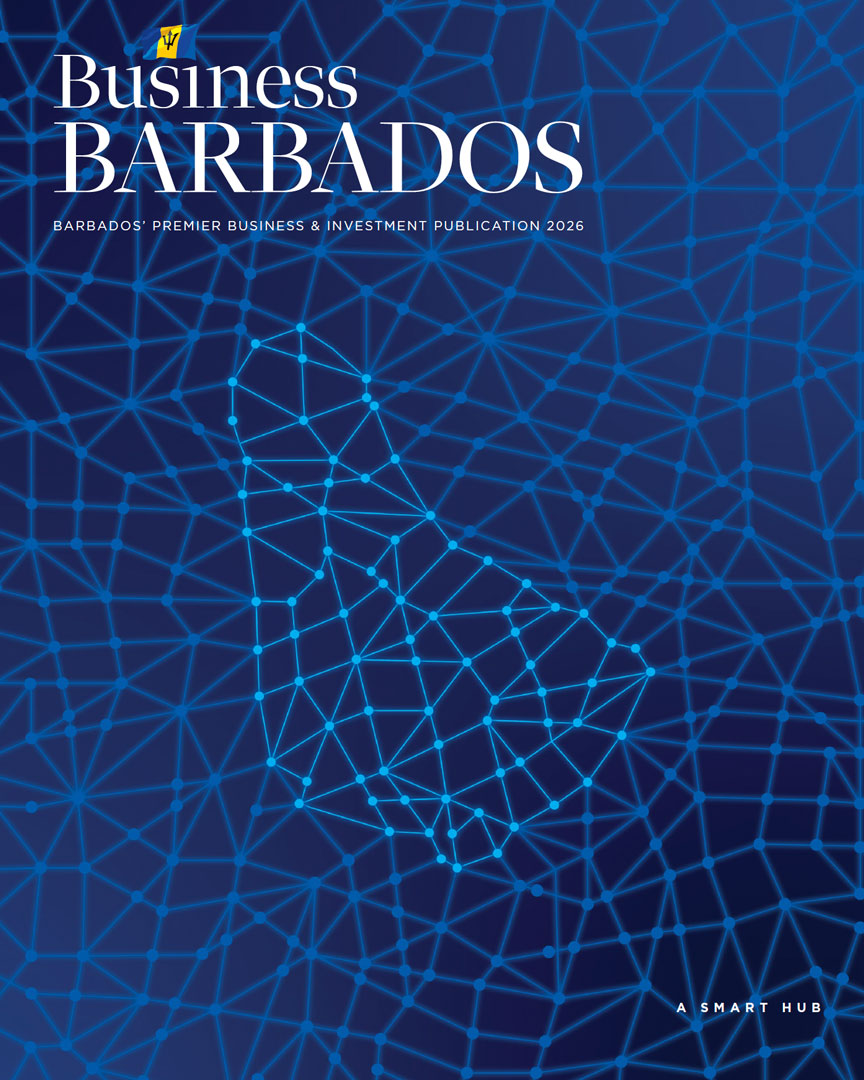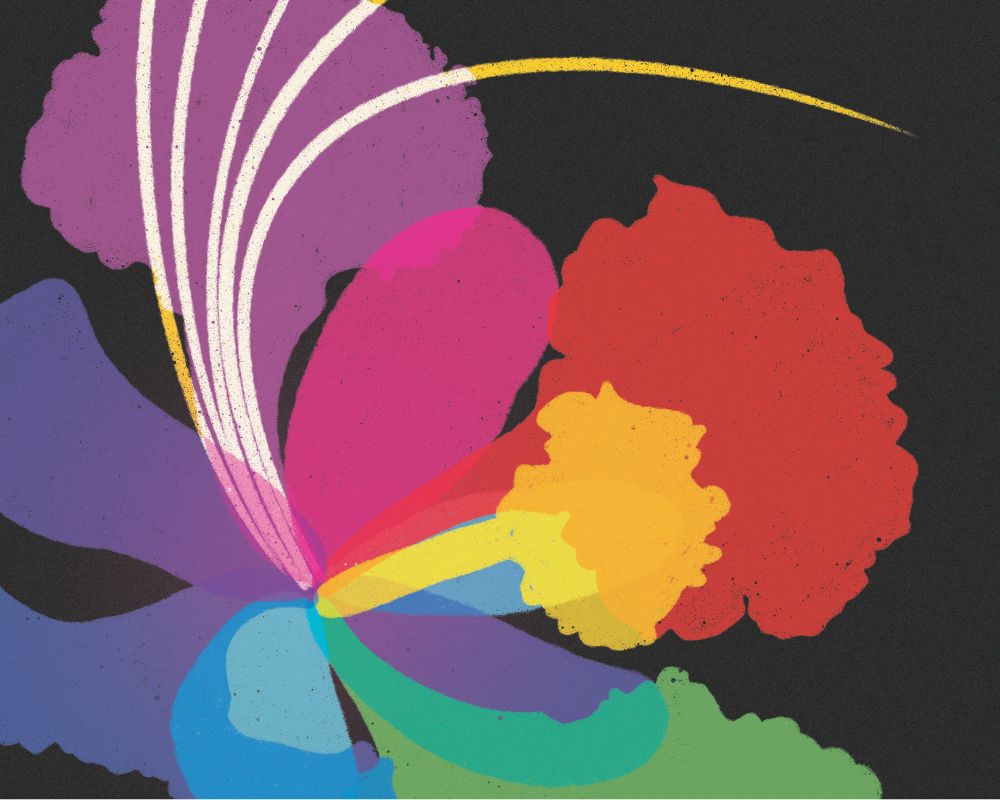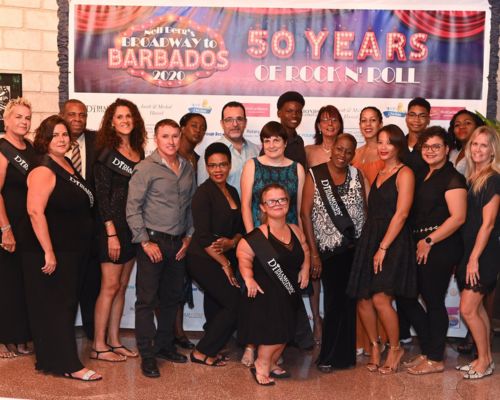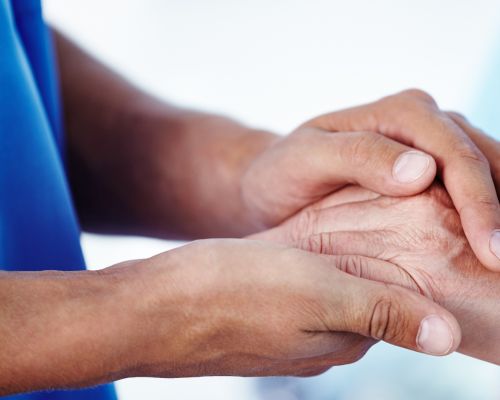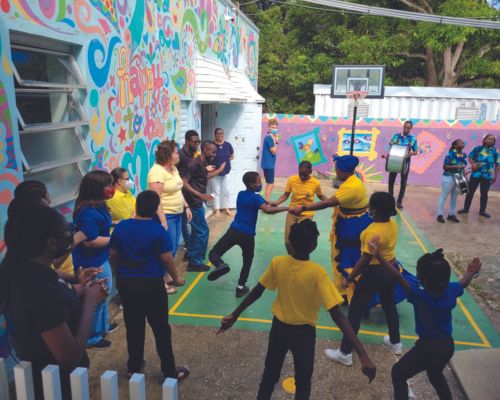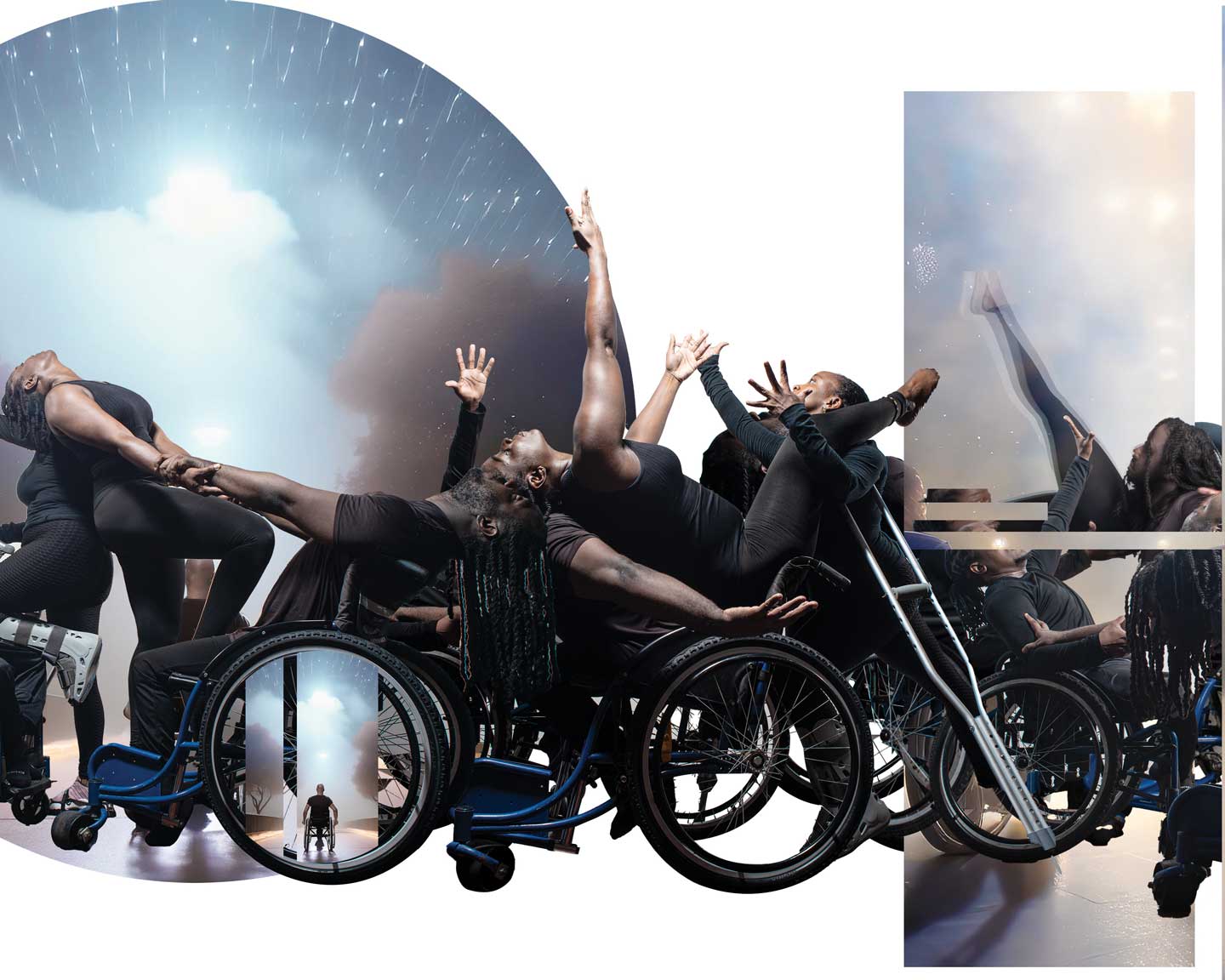
In any effort to ‘future proof’ Barbados, it is crucial to consider the needs of Persons with Disabilities (PWDs). The Barbados Government has therefore opened for public discussion its new policy document: The 2023-2030 National Policy for PWDs, which has recently been approved by Cabinet.
The 2023-2030 National Policy for PWDs
The 2023-2030 National Policy for Improving the Lives of Persons with Disabilities represents one of the most progressive, multifaceted, and targeted efforts to advance the full rights and fundamental freedoms of PWDs in Barbados. At its core, this policy aims to promote, advance, and protect the full human rights and fundamental freedoms of all persons with disabilities in Barbados.
The policy’s definition of PWDs is comprehensive, encompassing those with long-term or short-term impairments, whether physical, mental, intellectual, developmental, or sensory. When coupled with societal barriers, these impairments often hinder full and effective participation in society on an equal basis with others.
The current environment for PWDs falls well short of this urgent laudable vision.
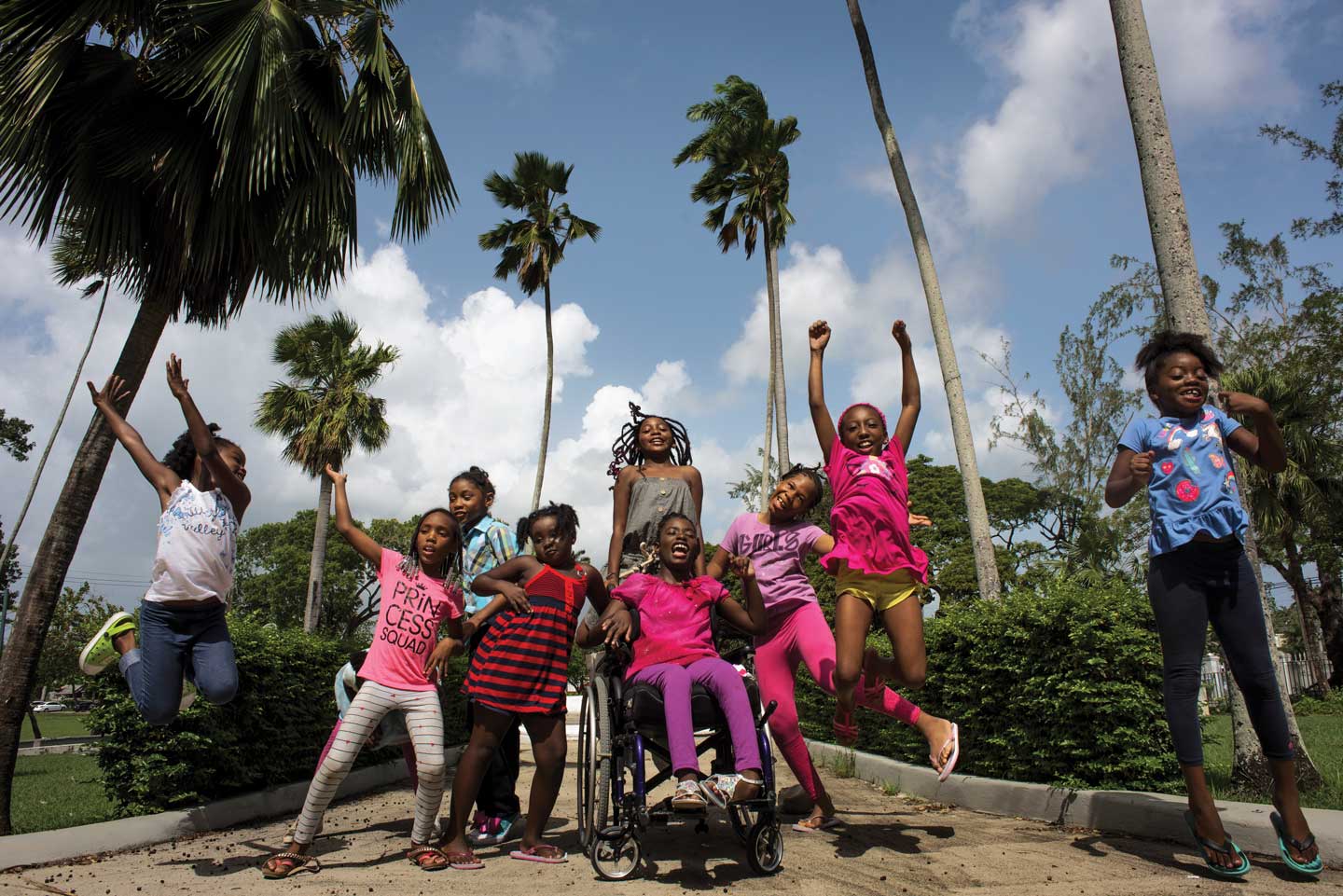
The Central Role of the Barbados Council for the Disabled
In getting traction on implementing the desired changes outlined in the policy, the role of the Barbados Council for the Disabled (BCD) is paramount.
“Barbados Council for the Disabled is the Non-Governmental umbrella body partnering with all sectors of the community and international agencies to effect change and champion the rights of all persons with disabilities, ensuring their full and effective integration into society.
The Barbados Council for the Disabled remains committed to seeing lasting change for Barbadians with disabilities. In this regard, we were once again extremely delighted to have been a key component in the Government’s work towards disability legislation and policy.
As was the case in the past when a government contemplated such legislative change, the BCD and its affiliates were invited to review and comment. Several meetings were conducted with representatives of the above and at the highest level, members sat on the committee.
We are therefore eagerly anticipating the debate and enactment of the bill which represents for us the realization of many years of work and consultation.”
- Kerryann Ifill, President of The Barbados Council for the Disabled
One of BCD’s recent achievements includes the establishment of The Fully Accessible Barbados (FAB) Programme. It focuses on enhancing services for PWDs through specific programmes like accessible transportation and inclusive education, fostering an all-inclusive society where PWDs are not only valued customers but active participants in all facets of life. FAB drives structural changes to ensure universal access, making tourist attractions, public spaces, and facilities accessible to everyone.
In the experience of The Peter & Jan Boos Family Foundation, a small Barbadian family-run Not-For-Profit philanthropic corporation, there are many social needs of the poor and disabled that are not being met at present. Due to the high demand, many persons are unable to access Government support services on a timely basis. In such instances persons either continue to be disadvantaged or have to appeal for private interventions.
There is a clear need for greater priority to be given to the needs of all PWDs. The Government is well aware of the needs and is responding within its capacity. A good example is the new Geriatric Hospital now under construction:
“The new Geriatric Hospital complex (with 405 beds) will provide comprehensive health care services to older adults with a focus on wellness, community-based health service, non-institutionalised health care, rehabilitation and long-term care for clients whose medical conditions requires hospitalisation. While we focus on rejuvenating Barbados’ age profile, we must concomitantly make plans, keeping in mind that more Barbadians will be reaching their golden years and will require improved access to services.”
- Minister of Health and Wellness Senator Dr Jerome Walcott
The Contribution of Foreign Residents to the Lives of PWDs
Thankfully, many foreign residents with homes or connections in Barbados have, over many years, made large impact investments in the Social Infrastructure that target PWDs and other disadvantaged persons. The focus has been primarily on children, the elderly, the physically disabled, and the poor.
Major ones include:
- The Julia and Hans Rausing Trust has provided major support to the Substance Abuse Foundation for over 20 years. Marina House was made possible by a gift from The Maria Holder Memorial Trust.
- The Barbados Diabetes Foundation and the Maria Holder Diabetes Centre that was funded by Medicor and The Maria Holder Memorial Trust and are still supported by the Trust. Major funding has gone into this, and diabetes is a severe crisis in the Caribbean, especially in Barbados.
- The Sandy Lane Charitable Trust has a singular mission “helping the underprivileged children of Barbados” by whatever means necessary. Whether it is through health care, education or community programmes. It spends US$2.5 million per annum supporting these initiatives and investing in innovative capital projects, which include the Thelma Vaughn Respite Center for severe brain-injured children, the Thrive Family Centre (the first child purpose-built psychiatric unit in Barbados), and the Sunshine School (a school for children with special needs from age 1-11).
- The Nightingale Children’s Village was created by the Barbados Children’s Trust (established in 1997 by Sue Magnier, Lady Carole Bamford, Yvonne Brewer, and Sue Sangster), to provide a caring, safe, and stable residential community for children under the age of 12, unable to live with their own families due to disability, addiction, or family breakdown.
A Global Perspective on Inclusivity
It’s worth noting that the policy is not just a local initiative; it aligns with the tenets, principles, and articles of the United Nations Convention on the Rights of Persons with Disabilities. This alignment underscores Barbados’ commitment to international agreements that promote inclusivity and human rights.
A Vision for a Resilient Barbados
The Vision Statement within the policy paints a compelling picture:
“A fully inclusive Barbadian society that promotes the self-determination, dignity and equality of all persons with disabilities (free from discrimination) in a way that empowers them to lead safe, productive, and fulfilling lives.”
This vision is not just bold; it’s essential. It encapsulates the overarching aspiration for Barbados—a place where every person, regardless of their abilities, cannot only thrive but also actively contribute to our society.
While Barbados’ announcement of a 7-year national policy for embracing persons with disabilities is a positive step, several obstacles to its successful implementation may arise. These obstacles could include:
- Resource Constraints: Limited funding may hinder support for policy initiatives.
- Infrastructure and Accessibility: Adapting infrastructure for accessibility can be costly and time-consuming.
- Capacity Building: Developing skills and knowledge among stakeholders takes time and resources.
- Policy Coordination: Ensuring Government departments work together can be complex.
- Public Awareness and Attitudes: Changing societal attitudes may take time.
- Data Collection and Monitoring: Gathering accurate data and monitoring progress is essential.
- Legal Compliance: Ensuring the policy aligns with existing laws.
- Stakeholder Engagement: Engaging stakeholders requires ongoing effort.
- Long-Term Commitment: Maintaining a commitment to the policy is crucial.
- Evolving Needs: The policy must remain adaptable to changing needs.
Addressing these obstacles will require careful planning, collaboration among stakeholders, advocacy, ongoing monitoring and evaluation, and a commitment to the policy’s long-term success. A strong Execution Team should be appointed.
Conclusion
The 2023-2030 National Policy for Improving the Lives of Persons with Disabilities is not merely about addressing the needs of PWDs; it’s about shaping Barbados into a more inclusive, resilient, prosperous and Socially Just society. It aligns with international agreements, celebrates diversity, and promotes economic growth and social cohesion. While challenges exist, the vision for Barbados as a fully inclusive society is compelling and within reach.
When implemented, Barbados will indeed be a place where Social Justice is a priority for all, where inclusivity is not just a policy but a way of life, and where the future is genuinely “Future-proofed” for every citizen, regardless of their abilities.






